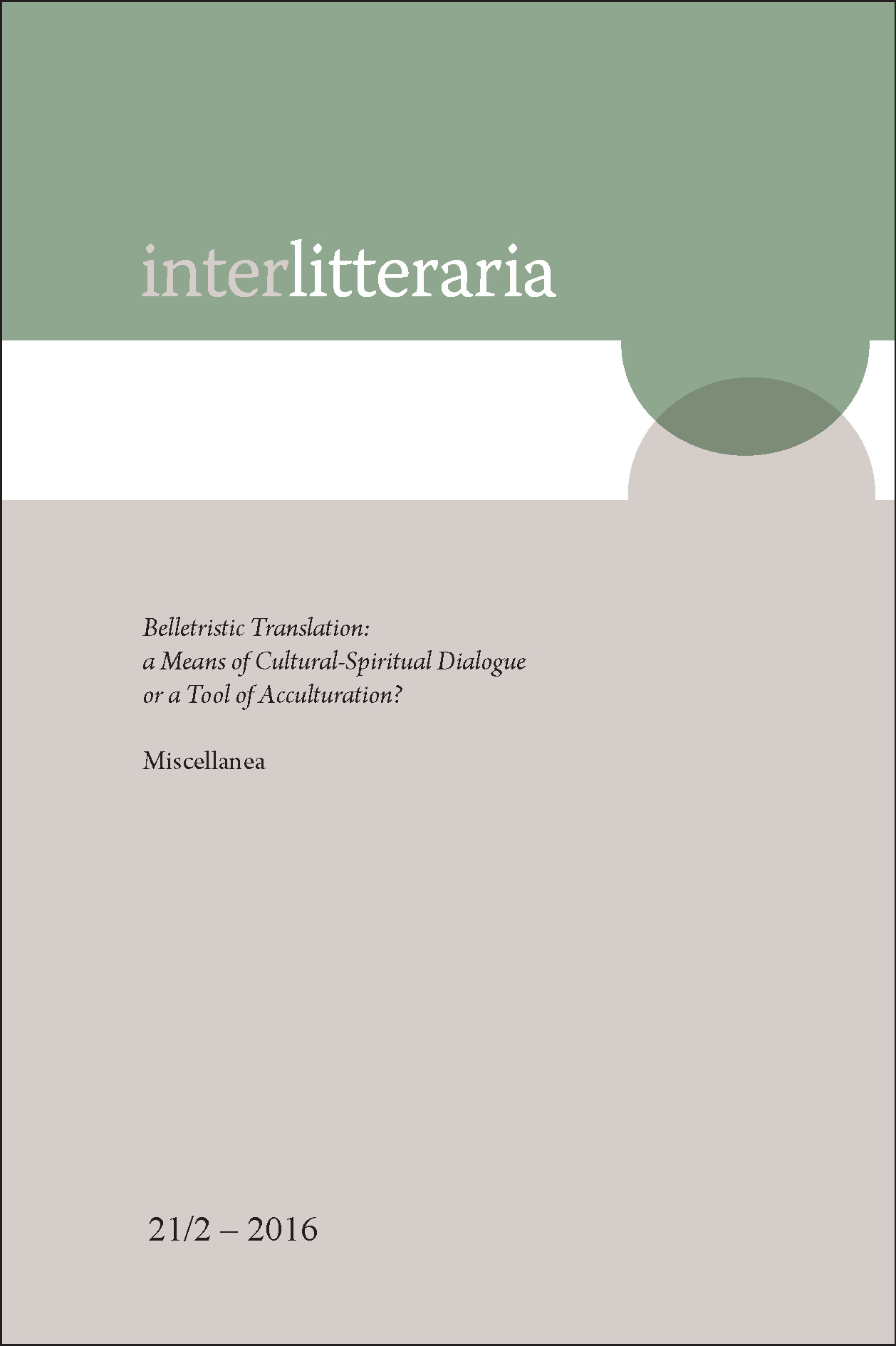<i>The Travailes of the Three English Brothers</i> and the Textual Construction of Early Modern Identities
DOI:
https://doi.org/10.12697/IL.2016.21.2.8Keywords:
John Day, William Rowley, George Wilkins, Anthony, Thomas and Robert Sherley, Persians, Ottomans, Jews, travel & adventure play, Islam, early modern England, identities and alterity, protocolonialism, metatheatricalityAbstract
Day, Rowley and Wilkins’s travel and adventure play The Travailes of the Three English Brothers (1607) dramatises the misadventures of the three Sherley brothers between 1597 and the year of composition of the play. The playwrights, drawing on contemporary writings on/by the Sherleys and their adventures through Turkey, Persia, Venice and Rome, apparently attempted to compose an ideological dramatization of English identities based on cultural and religious difference and English superiority over Muslim (Persian and Ottoman) and Jewish others. However, I will suggest that the play also presents English and Christian identities in a constant state of flux and confusion, contradicting its apparent compliance with a process of identity-building mainly based on confrontation in order to replace it with an alternative approach to religious and political alterity which I have called, following Juri Lotman, symbiotic. This is achieved at both textual and metatextual levels through a number of semiotic and rhetorical strategies which articulate the play’s insertion into various contemporary discussions on nascent capitalism, religious sectarian differences, England’s encounter with other cultures, and the nature of the Sherleys’ exploits. The employment of metatheatrical techniques – like the confusion of the various levels of factuality involved (through the complex mingling of diverse pseudo historical sources) and of various dramatic devices (such as dumb shows, parades, or choruses, and the insertion, as a character in the play, of the Elizabethan actor Will Kemp) – question any reading that attempts to privilege a discourse of English protocolonialism as opposed to Muslim (Persian and Ottoman) otherness.Downloads
Download data is not yet available.
Downloads
Published
2016-12-31
Issue
Section
Articles
License
The contents of Interlitteraria are published under CC BY-NC-ND licence.


